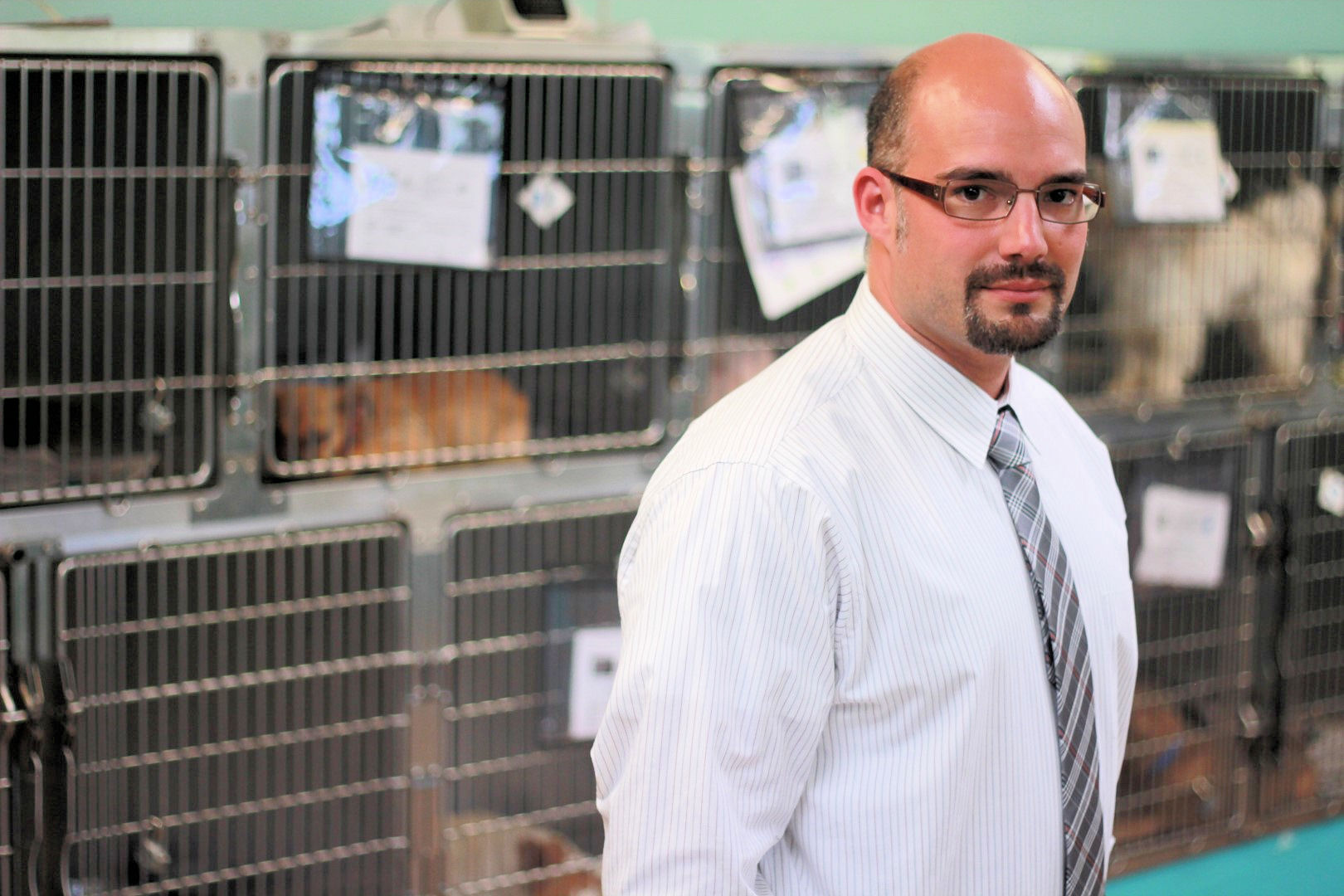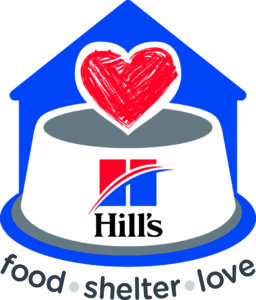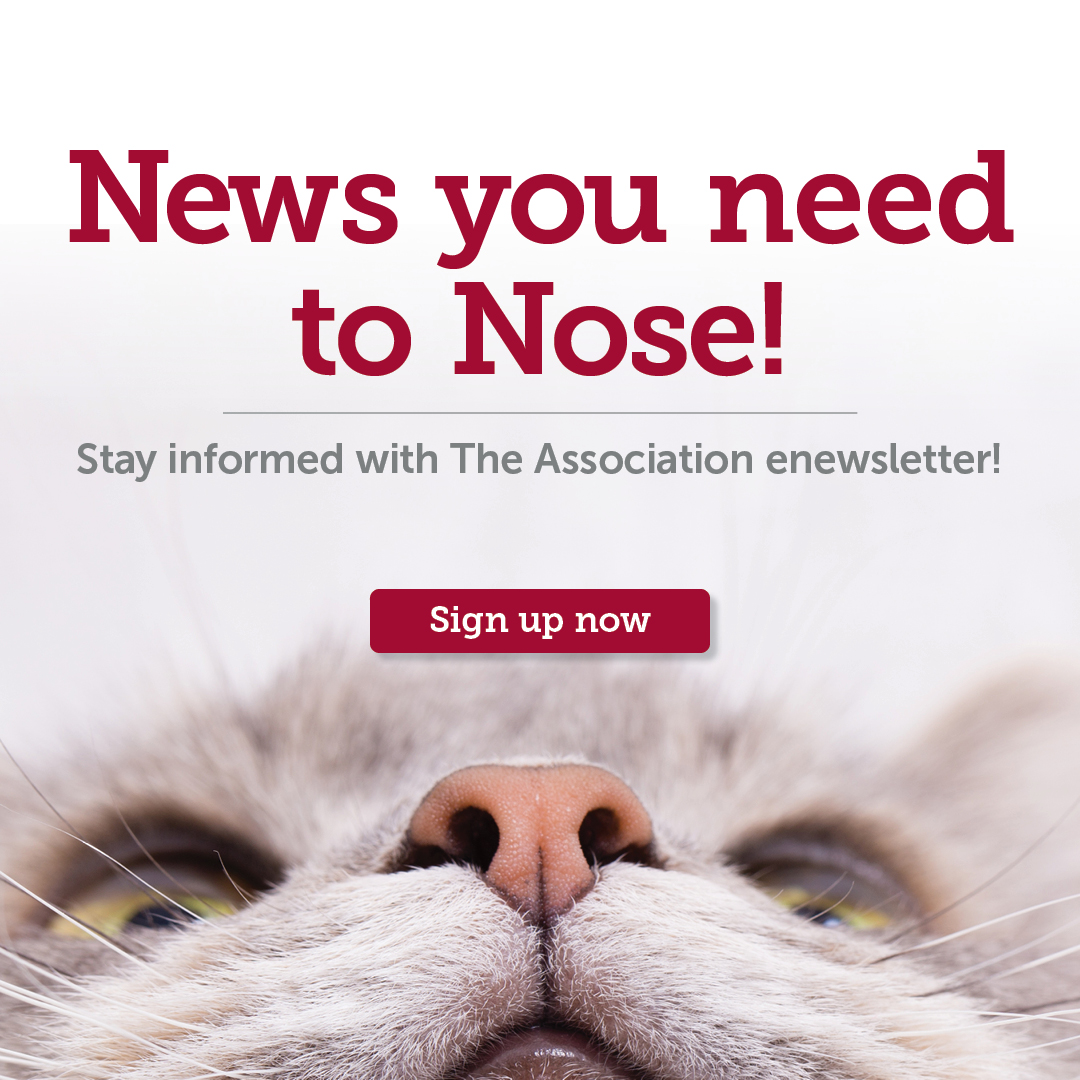News, ideas & inspiration from industry leaders

Meet a CAWA: Miguel Abi-hassan
CAWA: Those four little letters mean a lot. When you see CAWA after someone’s name, it means they have distinguished their skills in an already demanding field and are committed to high standards and ethical practice in animal welfare—and that they’ve studied for and passed a very comprehensive exam. Yes, they’re superstars—and our new column aims to celebrate them AND share practical info and real-world experiences for those interested in joining this group of professionals. First up: meet Miguel Abi-hassan, CAWA, and CEO of Halifax Humane Society.
The Association: How long have you been a CAWA?
Miguel Abi-hassan: Since November 6, 2012.
The Association: How do you explain the concept of CAWA to folks who aren’t yet familiar with it?
Miguel Abi-hassan: CAWA is one of the first professional certifications specific to leadership of animal welfare organizations. Achieving the CAWA certification exemplifies your interest in the advancement of animal welfare leadership by learning and demonstrating comprehension of professional standards in our field. Having the professional designation after your name exemplifies that you have taken the extra step to learn the foundation of business, leadership and care standards in our career choice, and continue to proliferate that knowledge base in an effort to stay current on best practices.
The Association: How did you prepare for the CAWA exam?
Miguel Abi-hassan: Being cognizant of some of my own test-taking shortcomings, I made a conscious decision to set apart an hour of each day to study, approximately 5 months before my scheduled test. I found my absorption rate is best in the morning. I started getting up earlier to start each day with a brief read or review and quickly saw the benefit in my ability to recollect from those lessons. I also found the added benefit of applying some of my learned lessons shortly after reading about them so I could enhance my retention while employing a variety of learning styles. Whatever principles of learning styles and methods you subscribe to, most researchers agree that reading by itself is pretty low on the totem pole of retention.
The Association: Walk us through exam day. How did you feel before, during, after?
Miguel Abi-hassan: On the day of the exam I of course felt a little nervous. I found comfort in my study methods and accepted my nerves as test-taking anxiety and not lack of preparation. Test-taking anxiety can reflect accuracy, so I made sure to focus on what I had prepared and not any revolving doubts of what I might have missed. Though I left the test comfortable, I also felt at ease knowing that I could retake the test if necessary.
The Association: Who is a current CAWA you look up to, and why?
Miguel Abi-hassan: The Association’s own mission statement reflects the vision of the CAWA accreditation program: professional development, standardizing best practices and collaboration. I think there is little coincidence that a CAWA I (along with many others) am fortunate to call a “friend and colleague” is Jim Tedford, President & CEO of The Association.
If you’re familiar with Jim’s story, he has held many positions in the field of animal welfare over his 37-plus-year career. He sits on various science-based boards and even had a short stint in the for-profit $80B pet retail industry. The diversity of his experience and education exemplifies some of the same leadership principles promulgated by the CAWA readings. I am sure I am not alone in reading the question above and immediately thinking of Jim as someone who truly embodies the principles of CAWA.
The Association: Share one way you have put your CAWA skills in action on the job, or even personally, if it has impacted you off-the-clock.
Miguel Abi-hassan: I often share that the pet bakery I frequent has a delightful clerk who often lends me advice on how a shelter should be run. Her passion is refreshing and sometimes her advice offers great insight. However, as a leader in animal welfare I’m also cognizant that there are a lot of opinions on what our business practices should look like. Having to make decisions that often respond to these opinions, I rest at ease know that my guiding principles come from leadership sciences specific to our field. Should I find myself in a position where I have to defend my decisions, I can rely on much of the body of research learned during the CAWA preparation. I also rest assured that when the need arises, I can count on the camaraderie amongst CAWAs for tried-and-true experience/science-based feedback.
The Association: How can becoming a CAWA impact an animal welfare professional’s career?
Miguel Abi-hassan: I think our field agrees that there is no shortage of opinions about our jobs. I personally feel that being a CAWA and continually advancing my education fosters confidence in my decision-making process. I try to provide an environment where opinions are welcome, but best practices and science prevail in our communications with stakeholders. I believe becoming a CAWA has improved communications with my teams, external decisionmakers, and my board.
The Association: If that’s not enough—what’s one other reason to become a CAWA?
Miguel Abi-hassan: An added benefit I think often undersold is career security. As a CAWA, I have seen an increase in job offers. As more search firms enter our field, they quickly learn about the CAWA and adjust their search to include the certification in their search criteria.
The Association: Okay, one more question. Please share one piece of practical advice for those considering becoming a CAWA.
Miguel Abi-hassan: The single most impactful review I find in my online purchases is “stop reading reviews and buy this, you won’t regret it.” I’m not sure why, perhaps directive leadership has a direct effect on my consumption behaviors. I think that tactic may prove to be the single best advice I can give to someone considering CAWA. If you’ve read this far, stop reading my review and submit your application. You won’t regret it.


